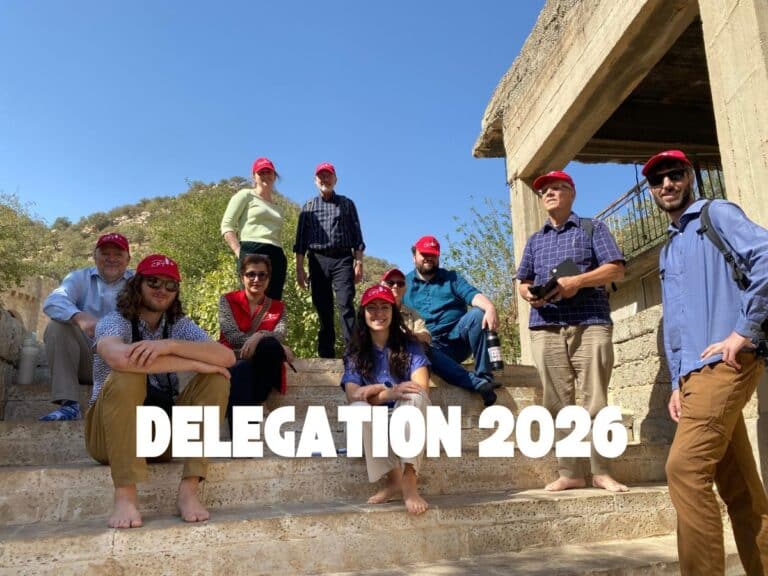by Micele Braley
 On 23 August 2010, 3000 people from 18 countries gathered at the Palenquero AirBase in Puerto Salgar, Cundinamarca, Colombia to speak out against U.S. militarization of Colombia. This event culminated the Women and People’s International Summit of the Americas against Militarization.
On 23 August 2010, 3000 people from 18 countries gathered at the Palenquero AirBase in Puerto Salgar, Cundinamarca, Colombia to speak out against U.S. militarization of Colombia. This event culminated the Women and People’s International Summit of the Americas against Militarization.
Impassioned speakers demanded sovereignty over their homes and land. Colombian Senator Gloria Inés Ramirez spoke of the injustice of the U.S. increasing its military presence in her country to address narcotraf-ficking fueled by drug consumption in the U.S. Would people in the U.S. stand idly by if the Colombian military arrived to occupy military bases to fight the “war on drugs” by launching attacks on the civilian population? Yolanda Becerra, president of the Women’s Popular Organization told those gathered, “We don’t want only the end to shootings, we are asking for a peace with social justice.”
I felt ashamed to hear the chants of “Out Americans!” and “Out American Bases!” and to know that the foreign policies of my country, and my tax dollars, cause this outrage. It felt important to stand with the international community to say no to my country’s foreign policy and to represent the many who disagree with the U.S. increasing its military might in South America.
Palenquero is among seven bases U.S. military personnel can use for the next ten years because of an accord signed in October 2009. While the Colombian Constitutional Court struck down this accord the court decision will not lead to the withdrawal of U.S. troops whose presence will continue under accords dating back to 1952.
The U.S. Congress has approved a staggering 46 million dollars for improvements to the Palenquero Air Base, including 18 million for a parking apron. According to a U.S. Air Force report, “Development of (Palenquero) provides a unique opportunity for full spectrum operations in a critical sub region of our hemisphere where security and stability is under constant threat from narcotics-funded terrorist insurgencies, anti-U.S. governments, endemic poverty and recurring natural disasters.” What the report does not explain is how a 46 million dollar military response will address the poverty that the U.S. Air Force believes is leading to instability in the region. Indeed, aerial fumigations carried out under the Department of Defense already add to poverty in the region by destroying food crops, polluting water sources and sickening animals and people.
U.S. military bases impact Colombian sovereignty. The U.S. Air Force base development program calls for “limited restrictions on U.S. freedom of action by partner nations.” With little ability to restrict U.S. freedom of action, Colombia becomes a willing if silent partner in any U.S. aggression, inside or outside the country.
Women’s groups who organized the Summit are particularly concerned that increased teen pregnancy and prostitution often accompanies an increase in military presence. If the accord limits Colombian intervention on U.S. actions at the bases, who will hold the U.S. military accountable? The Summit’s theme reflected organizers’ defiance to the U.S. military presence: “My body is my house, my house is my territory. I will not surrender the keys!”



